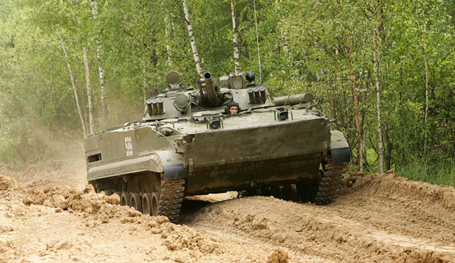Professions that no longer exist
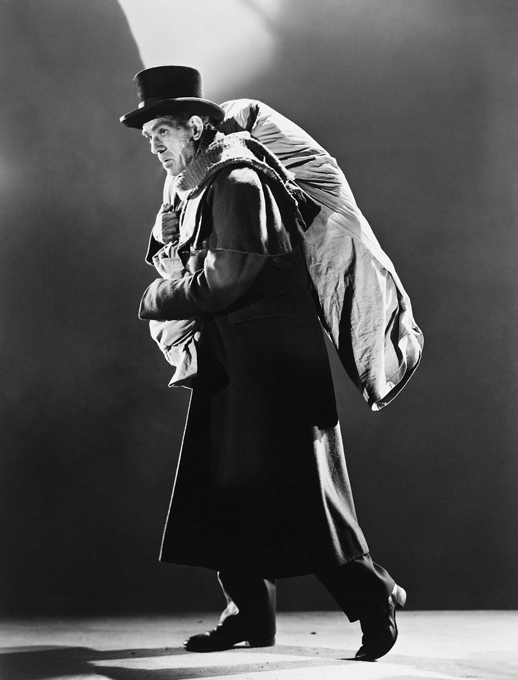
Body snatching is the secret disinterment of corpses from graveyards or other burial sites. A common purpose of body snatching, especially in the 19th century, was to sell the corpses for dissection or anatomy lectures in medical schools. Those who practiced body snatching were often called "resurrectionists" or "resurrection-men". A related act is grave robbery, uncovering a tomb or crypt to steal artifacts or personal effects rather than corpses.
Body snatching is the secret disinterment of corpses from graveyards or other burial sites. A common purpose of body snatching, especially in the 19th century, was to sell the corpses for dissection or anatomy lectures in medical schools. Those who practiced body snatching were often called "resurrectionists" or "resurrection-men". A related act is grave robbery, uncovering a tomb or crypt to steal artifacts or personal effects rather than corpses.
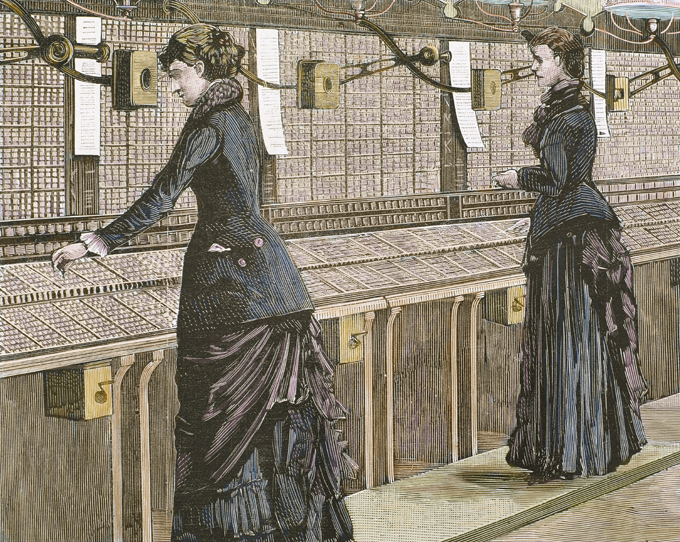
In the early days of telephony, through roughly the 1960s, companies used manual telephone switchboards, and switchboard operators connected calls by inserting a pair of phone plugs into the appropriate jacks. Each pair of plugs was part of a cord circuit with a switch associated that let the operator participate in the call. Each jack had a light above it that lit when the telephone receiver was lifted (the earliest systems required a generator on the phone to be cranked by hand). With the development of computerized telephone dialing systems, many telephone calls which previously required a live operator can be placed automatically by the calling party without additional human intervention.
In the early days of telephony, through roughly the 1960s, companies used manual telephone switchboards, and switchboard operators connected calls by inserting a pair of phone plugs into the appropriate jacks. Each pair of plugs was part of a cord circuit with a switch associated that let the operator participate in the call. Each jack had a light above it that lit when the telephone receiver was lifted (the earliest systems required a generator on the phone to be cranked by hand). With the development of computerized telephone dialing systems, many telephone calls which previously required a live operator can be placed automatically by the calling party without additional human intervention.
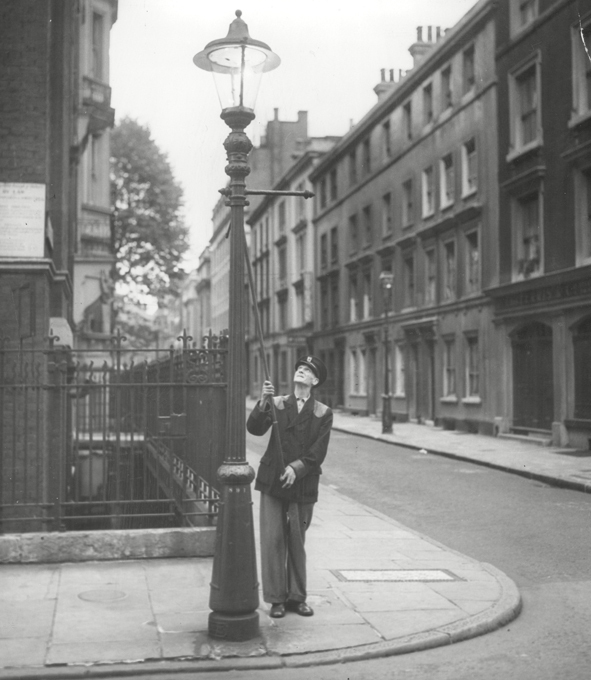
A lamplighter, historically, was an employee of a town who lit street lights. Lights were lit each evening, generally by means of a wick on a long pole. At dawn, they would return to put them out using a small hook on the same pole. Early street lights were generally candles, oil, and similar consumable liquid or solid lighting sources with wicks.
A lamplighter, historically, was an employee of a town who lit street lights. Lights were lit each evening, generally by means of a wick on a long pole. At dawn, they would return to put them out using a small hook on the same pole. Early street lights were generally candles, oil, and similar consumable liquid or solid lighting sources with wicks.
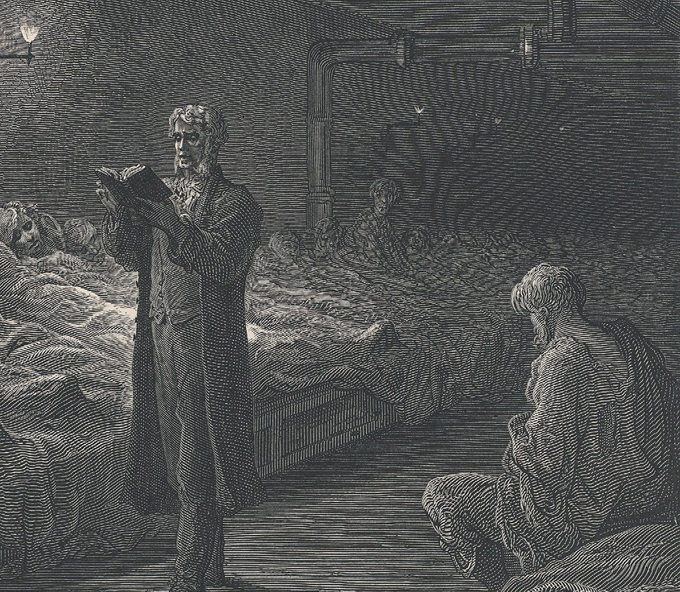
Factory owners would often hire readers, who would entertain workers by reading books to them at their time off work. This used to be a popular practice at cigar manufacture
Factory owners would often hire readers, who would entertain workers by reading books to them at their time off work. This used to be a popular practice at cigar manufacture
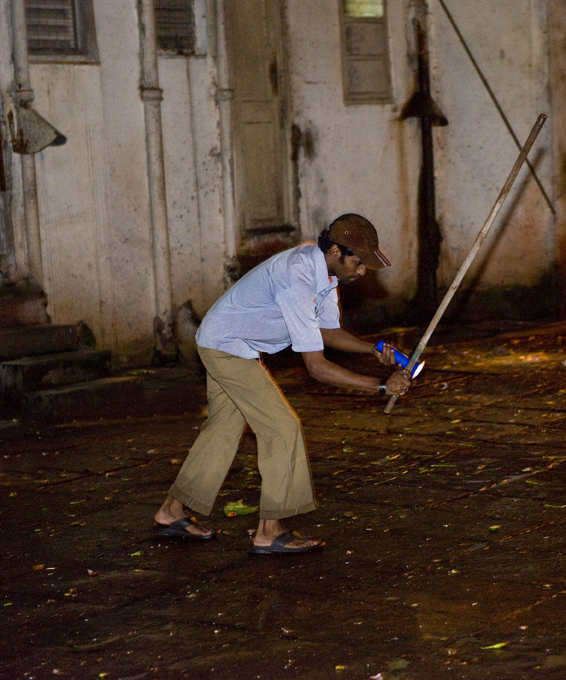
In the old days, there used to be an occupation to wake workers up for work. The waker would take a long stick and bang with this stick on windows to wake workers up.
In the old days, there used to be an occupation to wake workers up for work. The waker would take a long stick and bang with this stick on windows to wake workers up.
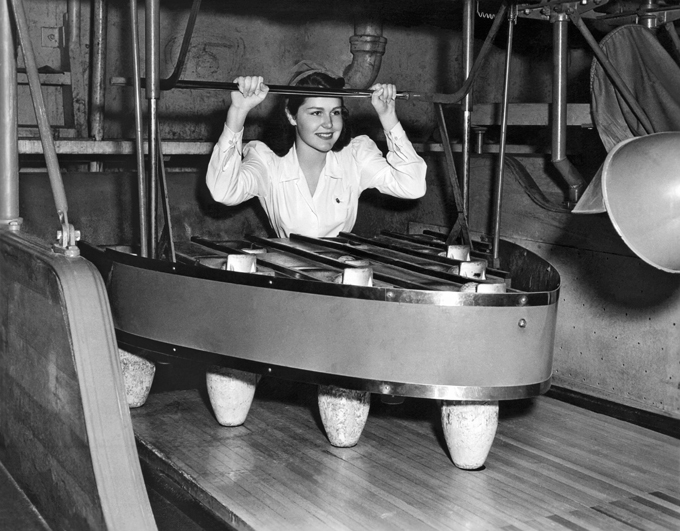
In bowling, a pinsetter, or pinspotter, was originally a person who manually reset bowling pins to their correct position, cleared fallen pins, and returned bowling balls to players. Probably due to the nature of the work (low-paid, often part-time, manual labor that most frequently took place evenings), many pinsetters were teenage boys, and thus pinboy is another name used to describe the job.
In bowling, a pinsetter, or pinspotter, was originally a person who manually reset bowling pins to their correct position, cleared fallen pins, and returned bowling balls to players. Probably due to the nature of the work (low-paid, often part-time, manual labor that most frequently took place evenings), many pinsetters were teenage boys, and thus pinboy is another name used to describe the job.
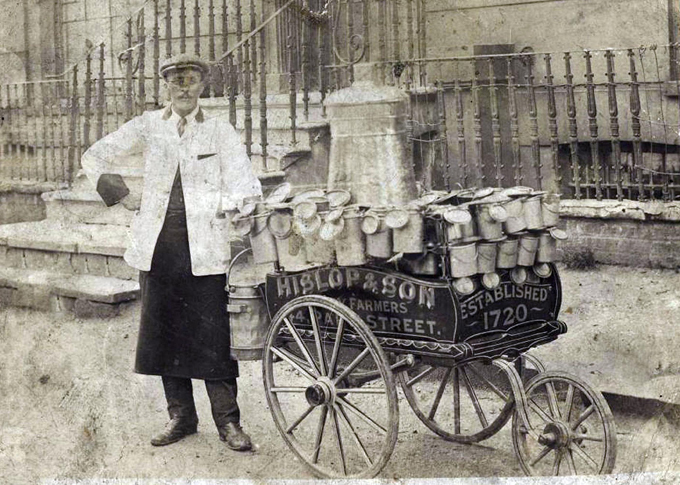
A milkman is a person who delivers milk in milk bottles or cartons. Milk deliveries frequently occur in the morning and it is not uncommon for milkmen to deliver products other than milk such as eggs, cream, cheese, butter, yogurt or soft drinks.
A milkman is a person who delivers milk in milk bottles or cartons. Milk deliveries frequently occur in the morning and it is not uncommon for milkmen to deliver products other than milk such as eggs, cream, cheese, butter, yogurt or soft drinks.
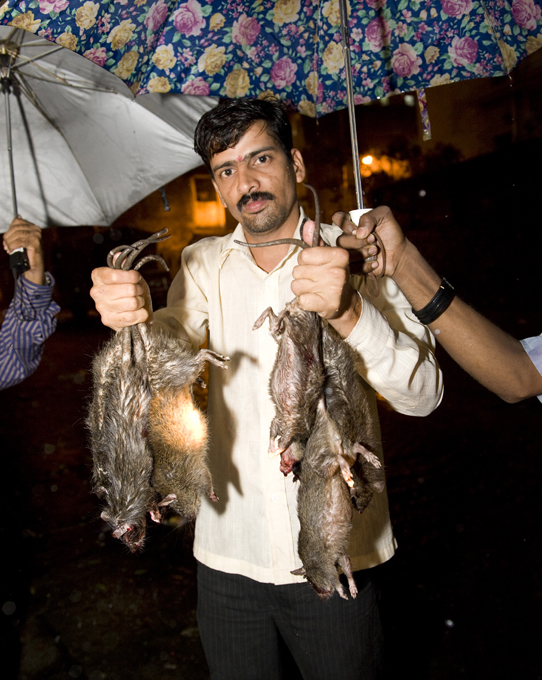
A rat-catcher is person who practices rat-catching, the occupation of catching rats as a form of pest control. In developed countries the role may be merged with, or the title inflated to, pest control operative or pest technician. Keeping the rat population under control was practiced in Europe to prevent the spread of diseases to man, most notoriously the Black Plague, and to prevent damage to food supplies.
A rat-catcher is person who practices rat-catching, the occupation of catching rats as a form of pest control. In developed countries the role may be merged with, or the title inflated to, pest control operative or pest technician. Keeping the rat population under control was practiced in Europe to prevent the spread of diseases to man, most notoriously the Black Plague, and to prevent damage to food supplies.
